Medical marijuana is legal in 33 states and the District of Columbia. So, if you’re in any one of these states and you have your card handy, you’re good to? In some states, it really is that simple, but in others it’s a bit more complicated.
Reciprocity
Some states practice reciprocity, meaning they agree to recognize and accept valid out-of-state medical marijuana cards. Only a handful of states practice reciprocity, these include Nevada, Arizona, Maine, Rhode Island, New Hampshire, Pennsylvania, and the District of Columbia. When a medical marijuana patient is in these states, no matter what their home state is, they are able to legally possess and use cannabis in private. Michigan extends reciprocity to out-of-state patients, but only if their home state practices reciprocity. Unfortunately, Missouri does not practice reciprocity.
Of these states, only Nevada, Maine, and D.C. allow out-of-state patients access to dispensaries. In order to legally purchase medical marijuana from a dispensary, the out-of-state cardholder must:
Have a valid, up-to-date, medical marijuana card from home state
The home state must exempt medical marijuana cardholders from criminal prosecution for using medical marijuana
The home-state law must require that physicians advise patients about the benefits of using medical marijuana as a means to alleviate symptoms prior to being issued the card
Authorities in the respective state must be able to validate the ID by use of registered users database. Since Missouri’s program is brand new, it remains to be seen if other states will be able to verify a patient’s status. For example, as of July 24th, Maine does not list Missouri as a recognized medical marijuana program.
It is also important to note that the amount of marijuana one is able to possess varies by state and the user must abide by the law of whatever state they are in.
Other states that recognize the reciprocity law and their possession limits:
Arizona – 2.5 oz
Maine – 2.5 oz
Michigan – 2.5 oz
Rhode Island – 2.5 oz
New Hampshire – 2 oz
Nevada – 2.5 oz
Pennsylvania – patients may possess only pills, oils, topical creams and tinctures
Temporary Medical Marijuana Cards
Some states with medical marijuana programs give patients with out-of-state cards the ability to apply for a temporary card. As long as you have your temporary card and out-of-state card on you, you’ll be able to purchase from dispensaries without an issue. We happen to share a border with two such states: Oklahoma and Arkansas. A temporary card in either of these states is good for 30-days, with the possibility to renew or reapply.
Similar to Missouri’s application process, Oklahoma’s and Arkansas’ applications are submitted online. You will need the following information in order to complete the application:
Full legal name
Residence and mailing address
Date of birth
Social Security Number
Telephone number and email address
Information about the out-of-state medical marijuana license (such as your patient number)
Credit/Debit card for payment
Patient signature dated within 30 days of the application date
Just like in Missouri, these states will issue you a digital card once you’ve been approved, which you will need to print off and keep with you. Make sure you apply for your temporary card at least 14 days before your trip, because the processing can take up to two weeks.
Traveling Across State Lines with Cannabis
Unsurprisingly, federal law prohibits the transportation of any federally restricted substance across state lines. Since cannabis is still a Schedule I drug, it is illegal to travel with it from one state to another. However, the situation becomes more ambiguous when you’re moving from one legal state to another. Alison Malsbury of of Canna Law Group, clarifies that its the crossing of the border that puts a person at risk. In an interview with Leafly, she states, “In practice, the chances of feds or the DEA sitting at the border waiting to catch someone–that’s just not happening. It’s not practical or worth their time.” Of course, if you have questions about the limits of legal marijuana as this very new area of law develops, you should contact an attorney to assist you.
Learn more here about getting your medical marijuana card!

